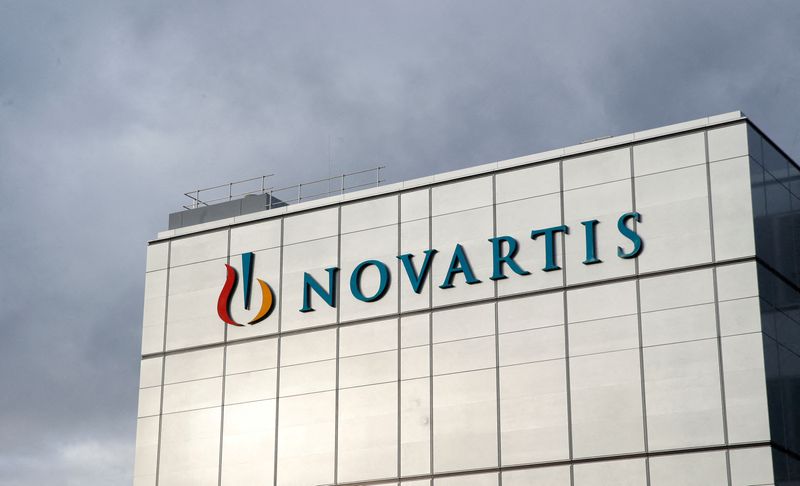FRANKFURT (Reuters) - A targeted oral drug combination by Novartis won U.S. approval for use in a wide range of advanced solid tumours that are driven by a certain genetic contributor, widening the use of a novel treatment approach that is known as tumour agnostic.
The Food and Drug Administration early on Thursday granted accelerated approval for the combination of the two drugs Tafinlar and Mekinist for adults and children as young as six with inoperable or metastatic solid tumours with a mutation known as BRAF V600, who have exhausted other treatment options.
The approval may be changed or withdrawn, depending on the results of later confirmatory trials, the Swiss drugmaker said in a statement.
Earlier this month, the oral drug combination showed promise in treating a subgroup of patients suffering from a common childhood brain cancer in a trial.
The participants in that trial, aged 1 to 17 years, were suffering from low-grade gliomas (LGG), the most common childhood brain cancer. Here too, the trial only included those who were found to have the BRAF V600 mutation, a genetic contributor in about 15% to 20% of pediatric LGG cases.
Tafinlar and Mekinist, a pill combination with $1.7 billion in 2021 sales, up 10%, had previously won approvals to treat certain skin, lung and thyroid cancer patients who have the BRAF V600 genetic change.
The treatment is an important growth driver in Novartis's oncology business, a key therapeutic area for the Swiss group, which relies on drug development as it considers the sale of its Sandoz business with off-patent generic drugs.

Other tumour agnostic drugs, which are typically used on solid tumours regardless of where in the body they started, are Bayer (OTC:BAYRY)'s Vitrakvi and Roche's Rozlytrek, which target the TRK mutation, a genetic driver in less than 1% of cancers. Due to its rarity it often goes untested.
Bayer has said it was struggling to encourage physicians to diagnose patients that qualify for the niche drug.